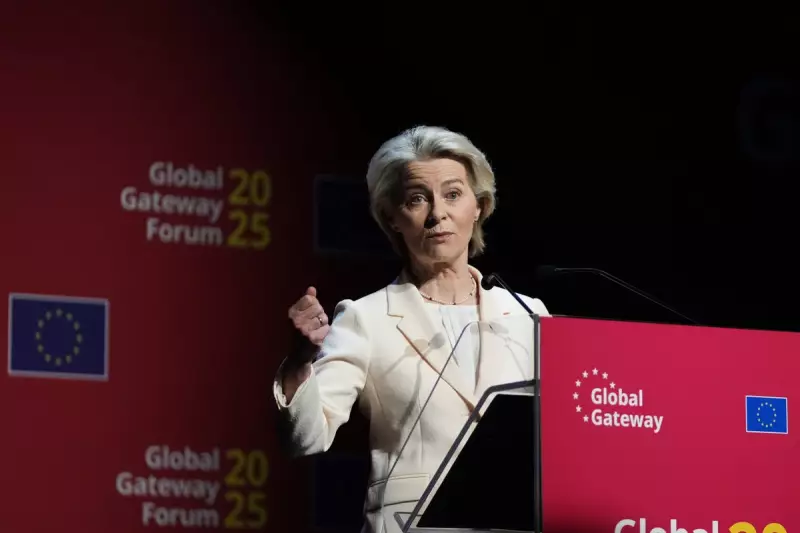
In a dramatic political manoeuvre that has sent shockwaves through Brussels, European Commission President Ursula von der Leyen has openly courted the hard-right European Conservatives and Reformists (ECR) group, signalling a potential seismic shift in EU power dynamics.
The Alliance That's Shaking Brussels
Speaking at a Maastricht debate organised by the European People's Party, von der Leyen declared her willingness to collaborate with the ECR, which includes Italian Prime Minister Giorgia Meloni's Brothers of Italy party. "It depends very much on how the composition of the Parliament is, and who is in what group," the Commission president stated, carefully framing her controversial position.
The ECR group, long considered beyond the pale for mainstream European conservatives, has suddenly found itself at the centre of high-stakes political bargaining as von der Leyen seeks support for her re-election campaign.
Red Lines and Political Calculations
However, von der Leyen drew clear boundaries, explicitly ruling out cooperation with what she termed "the extremes" of German AfD and French National Rally. "For me, it is absolutely clear that the EPP will never work with either the extreme left or the extreme right," she asserted, attempting to navigate the treacherous waters of European parliamentary politics.
This delicate balancing act comes as von der Leyen's own European People's Party faces potential losses in the upcoming June elections, forcing a reconsideration of traditional political alliances.
The Patriots for Europe Problem
The political landscape grew even more complex with Hungarian Prime Minister Viktor Orbán's recent launch of the "Patriots for Europe" alliance, which von der Leyen firmly rejected. "I have been very clear that I will not work with this group," she stated, drawing a firm line against Orbán's new political project.
This puts von der Leyen in the precarious position of simultaneously reaching out to some far-right elements while rejecting others, a strategy that has left many political observers questioning the long-term implications for EU unity and policy direction.
What This Means for Europe's Future
The Commission president's political gambit represents a significant departure from traditional EU coalition-building and could reshape the European political landscape for years to come. As von der Leyen positions herself for a potential second term, her willingness to engage with previously ostracised political forces marks a pivotal moment in European politics.
With the European Parliament elections approaching, all eyes will be on whether this high-risk strategy pays off or backfires spectacularly, potentially determining the future direction of the world's largest trading bloc.





